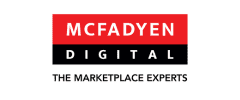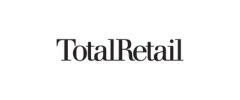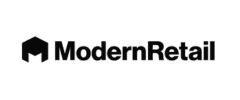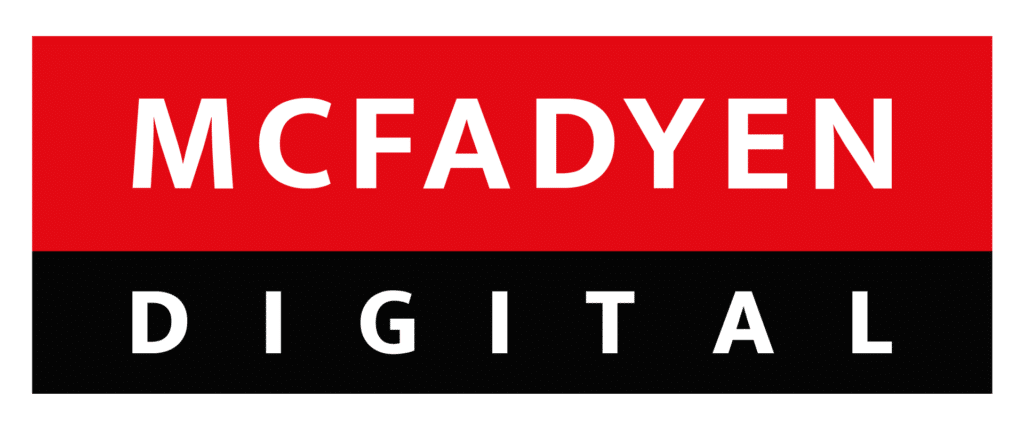
In this edition, our lead story is from Roland Berger’s report on the Circular Economy solutions for industrial firms. This study has the newest research results and expert assessments of the opportunities and risks for international market players. In addition, the study covers the development potential of the circular economy in the upcoming years. DC 360 reports on the growth of AB InBev’s B2B marketplace BEES. AB InBev launched BEES in 2020 as a global B2B marketplace as a new digital sales platform for small businesses. In the second quarter ended June 30, BEES generated gross merchandise volume of $340 million. Risk management and compliance are crucial for securing transactions and building trust in today’s online marketplace. The Payoneer article explores the significance of risk management and compliance in online marketplaces, including effective strategies to mitigate risks and ensure compliance. The automotive retail industry is undergoing a transformation accelerated by the digital revolution. While car dealerships and physical stores have been the traditional stalwarts of automotive retail, online marketplaces are rapidly emerging as the future. The McFadyen blog talks about the four ways online marketplaces are tuning up the retail automotive experience. P4Markets has some great insights on how crucial pricing strategy is for the success of online marketplaces. The right pricing strategy can significantly influence customers’ buying decisions, shape brand perceptions, and ultimately increase sales and profitability. Read this and other great stories in this week’s edition.
Notable news from the past week

Circular Economy Solutions For Industrial Firms
In a changing world of production, embracing the circular economy holds the promise of a profitable and sustainable future. As it stands, 91 percent of our economy is built on a linear basis, meaning products are made from new resources. When we switch our focus to a circular economy, the essence lies in preserving the value of resources, materials, and products, a concept manifested through the 4 Rs – reusing, repairing, refurbishing, and recycling. As industrial manufacturers explore this novel territory, they encounter a pivotal choice – striking a balance in optimizing manufacturing efficiency while applying the teachings from the technical cycle. Yet, the allure of this paradigm extends beyond the realm of environmental impact, promising enticing cost savings to those who can think far enough into the future. In addition, potential clients will see how adaptable the company is, and players could earn an enhanced appeal to the upcoming workforce. Moreover, such a strategic move aligns with the European Union’s Green New Deal and future regulatory measures, cementing businesses’ commitment to sustainability and propelling them towards a path of continued growth.

AB InBev’s BEES B2B Marketplace Continues To Grow
Anheuser-Busch InBev, or AB InBev, a multinational drinks conglomerate headquartered in Belgium, is keeping the ecommerce party going. AB InBev is one of the world’s largest beer brewers by both volume and sales, generating $15.12 billion in revenue in the second quarter of 2023. That’s up 7.2% $14.79 billion and operating more than 500 beer brands in 150 countries. The company says it generates more than half its revenue through its B2B digital platforms. A growing digital sales channel is BEES, AB InBev’s B2B marketplace. AB InBev launched BEES in 2020 as a global B2B marketplace as a new digital sales platform for small businesses. In the second quarter ended June 30, BEES generated gross merchandise volume of $340 million. That’s up 40% from GMV of $265 million from Q2 2022.

Managing Risks And Compliance In Online Marketplaces
In today’s online marketplace, risk management and compliance are crucial for securing transactions and building trust. This article explores the significance of risk management and compliance in online marketplaces, including effective strategies to mitigate risks and ensure compliance. Marketplaces have become an integral part of the global economy, providing a platform for buyers and sellers to connect and transact. However, with the increasing complexity of online marketplaces, the risks associated with them have also multiplied. As a result, ensuring compliance with regulations and mitigating risks has become crucial for marketplace operators, participants, and regulators alike.

Four Ways Online Marketplaces Are Tuning Up The Retail Automotive Experience
The automotive retail industry is undergoing a transformation accelerated by the digital revolution. While car dealerships and physical stores have been the traditional stalwarts of automotive retail, online marketplaces are rapidly emerging as the future. From used car sales to aftermarket parts and accessories, online platforms are offering an array of opportunities for automotive retailers to generate profits and serve customers better. The digital era is not just a phase; it is the new normal as digital natives become more and more of the buying public. The automotive retail industry’s adoption of online marketplaces is not just a savvy business move but a necessary one. As the statistics show, there is undeniable growth, profitability, and customer satisfaction in leveraging online platforms. In the age of the internet, the automotive retail industry is gearing up for a more inclusive, profitable, and customer-friendly digital future.

As location-spoofing, multi-accounts, fake listings, and promo abuse incidents continue to rise across all industries, utilizing fraud prevention solutions to protect companies and their customers against account takeover (ATO) and fraud has evolved from an optional safeguard to a critical necessity. The 2023 Merchant Risk Council’s Global Ecommerce Payments and Fraud Report showed that 43 percent of merchants had experienced social engineering fraud like phishing, pharming, and whaling, and 34 percent faced friendly fraud as the second most common scam. On the other hand, the report also called out that merchants have been seeking effective fraud detection tools, using five of them combined on average, with over half using credit card and identity verification services. Why do those numbers seem unbalanced?

The Importance of Pricing Strategy On Online Marketplaces
Pricing strategy represents a fundamental key to success on online marketplaces, where companies operate in a competitive global environment and customers have a multitude of options. The right pricing strategy can significantly influence customers’ buying decisions, shape brand perceptions, and ultimately increase sales and profitability. In this article, we will take an in-depth look at how different pricing strategies can work on online marketplaces to help companies achieve their goals. Our objective is to provide a comprehensive perspective on the multiple approaches to pricing that can be used effectively on online marketplaces. The importance of an appropriate pricing strategy in online marketplaces extends far beyond mere numbers and transactions. Pricing is a critical factor that influences overall customer perceptions and thus has a direct impact on consumers’ purchasing decisions.

Walmart Marketplace Unveils More Self-serve Tools For Merchants at Its First-ever Seller Summit’
Walmart’s marketplace is going after scale as it rolls out new self-serve tools to help merchants expand their product catalog, and in turn attract more sellers to its platform. On Wednesday, the country’s largest retailer introduced new tools for merchants including Brand Shops, which make it easier for merchants to build their own specialized digital storefronts to stand out on the Walmart Marketplace. The company is also using augmented reality to help merchants show shoppers how an item may look and feel in their living room or couch. Top Walmart executives also talked about Walmart Restored, a new premium tier for existing sellers to have the option to add refurbished items to their product catalogs. And, early next year, Walmart is opening up its marketplace in Chile to eligible cross-border sellers. Put together, the big focus of Walmart’s first seller summit held in Las Vegas was scale.
.
To subscribe to the Ecommerce & Marketplaces Newsletter, please complete the subscription form on this page (either to the right or below this article, depending on device). If you have any suggested content for this newsletter or would like to discuss evolving your organization’s digital commerce, please write to us at info@mcfadyen.com.
Related Articles
Turn Insight Into Impact.
Start Today.




